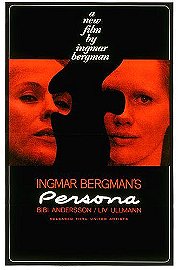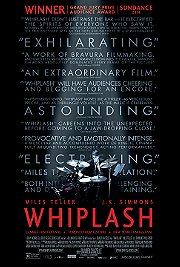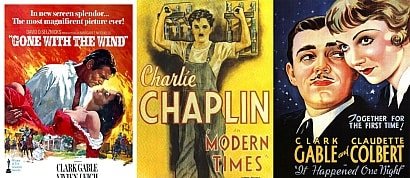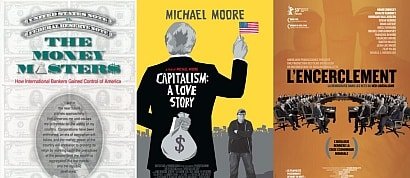Radical Behaviorism
Behaviorism (or behaviourism) is a systematic approach to the understanding of human and animal behavior. It assumes that the behavior of a human or an animal is a consequence of that individual's history, including especially reinforcement and punishment, together with the individual's current motivational state and controlling stimuli. Thus, although behaviorists generally accept the important role of inheritance in determining behavior, they focus primarily on environmental factors.
Behaviorism combines elements of philosophy, methodology, and psychological theory. It emerged in the early twentieth century as a reaction to depth psychology and other traditional forms of psychology, which often had difficulty making predictions that could be tested experimentally. Its early influences were Ivan Pavlov, who investigated reflexes and classical conditioning, and Edward Thorndike, one of the first to study operant (or instrumental) behavior. Together with John B. Watson and others, these investigators rejected introspective methods and sought to understand behavior by measuring observable behaviors and events. Behaviorist philosophies shifted somewhat during the 1940s and 1950s and again since the 1980s. Radical behaviorism is a conceptual variant proposed by B. F. Skinner which acknowledges the presence of private events—including cognition and emotions—and suggests that they are subject to the same controlling variables as observable behaviors.
In the second half of the 20th century, behaviorism was largely eclipsed as a result of the cognitive revolution. During this time cognitive-behavioral therapy evolved; this procedure has demonstrable utility in treating certain pathologies, such as simple phobias, PTSD, and addiction. The application of radical behaviorism—known as applied behavior analysis—is used in a variety of settings, including, for example, organizational behavior management, fostering diet and fitness, and the treatment of such mental disorders as autism and substance abuse. In addition, while behaviorism and cognitive schools of psychological thought may not agree theoretically, they have complemented each other in practical therapeutic applications, such as in clinical behavior analysis.
Radical behaviorism, or the conceptual analysis of behavior, was pioneered by B. F. Skinner and is his "philosophy of the science of behavior." It refers to the school of psychology known as behavior analysis, and is distinguished from methodological behaviorism—which has an intense emphasis on observable behaviors—by its inclusion of thoughts, emotions, and other internal mental activity in the analysis and theorizing of human and animal psychology. The research in radical behaviorism is called the experimental analysis of behavior and the application of this field is called applied behavior analysis (ABA).
Behaviorism combines elements of philosophy, methodology, and psychological theory. It emerged in the early twentieth century as a reaction to depth psychology and other traditional forms of psychology, which often had difficulty making predictions that could be tested experimentally. Its early influences were Ivan Pavlov, who investigated reflexes and classical conditioning, and Edward Thorndike, one of the first to study operant (or instrumental) behavior. Together with John B. Watson and others, these investigators rejected introspective methods and sought to understand behavior by measuring observable behaviors and events. Behaviorist philosophies shifted somewhat during the 1940s and 1950s and again since the 1980s. Radical behaviorism is a conceptual variant proposed by B. F. Skinner which acknowledges the presence of private events—including cognition and emotions—and suggests that they are subject to the same controlling variables as observable behaviors.
In the second half of the 20th century, behaviorism was largely eclipsed as a result of the cognitive revolution. During this time cognitive-behavioral therapy evolved; this procedure has demonstrable utility in treating certain pathologies, such as simple phobias, PTSD, and addiction. The application of radical behaviorism—known as applied behavior analysis—is used in a variety of settings, including, for example, organizational behavior management, fostering diet and fitness, and the treatment of such mental disorders as autism and substance abuse. In addition, while behaviorism and cognitive schools of psychological thought may not agree theoretically, they have complemented each other in practical therapeutic applications, such as in clinical behavior analysis.
Radical behaviorism, or the conceptual analysis of behavior, was pioneered by B. F. Skinner and is his "philosophy of the science of behavior." It refers to the school of psychology known as behavior analysis, and is distinguished from methodological behaviorism—which has an intense emphasis on observable behaviors—by its inclusion of thoughts, emotions, and other internal mental activity in the analysis and theorizing of human and animal psychology. The research in radical behaviorism is called the experimental analysis of behavior and the application of this field is called applied behavior analysis (ABA).
People who voted for this also voted for
Film Diary of 2023
The ten most beautiful Shoegaze covers ever
Films: The Beauty of Black & White
My Top 55 of The 90's
Italian films of the 21st century
Rostros en el Arte
Allure Disney Princess
Most handsome actors I've seen on screen
Most Beautiful Actresses I've seen on screen
Favorite Movies Of The 30's
Documentaries about Economy
Ricky's Movie Logs
The Evolution of Peter Cushing
Good Books Lists
Good TV Shows Lists
More lists from Nusch
Horror Movies That Use Drugs As A Plot Point
Metaphysical Movies
Movies about suicide
Making Art (Action and Expression)
Famous adherents of Candomblé, Umbanda, Spiritism
Movies That Have No Hope For Humanity
Books Scenes | Friedrich Nietzsche
 Login
Login









































